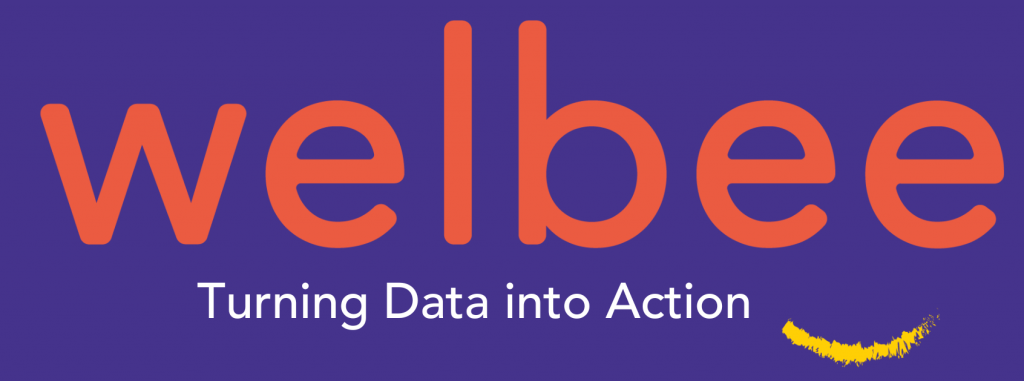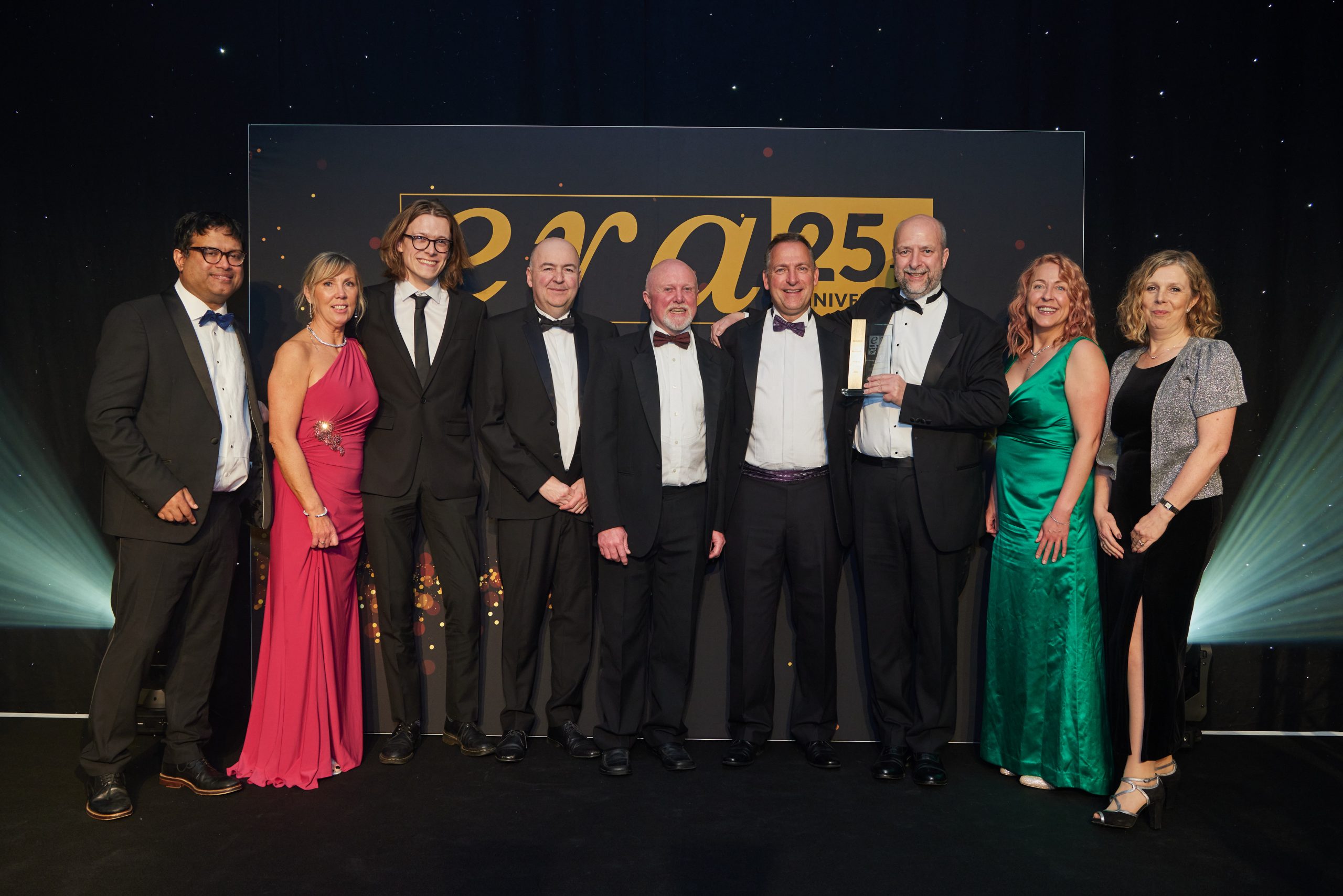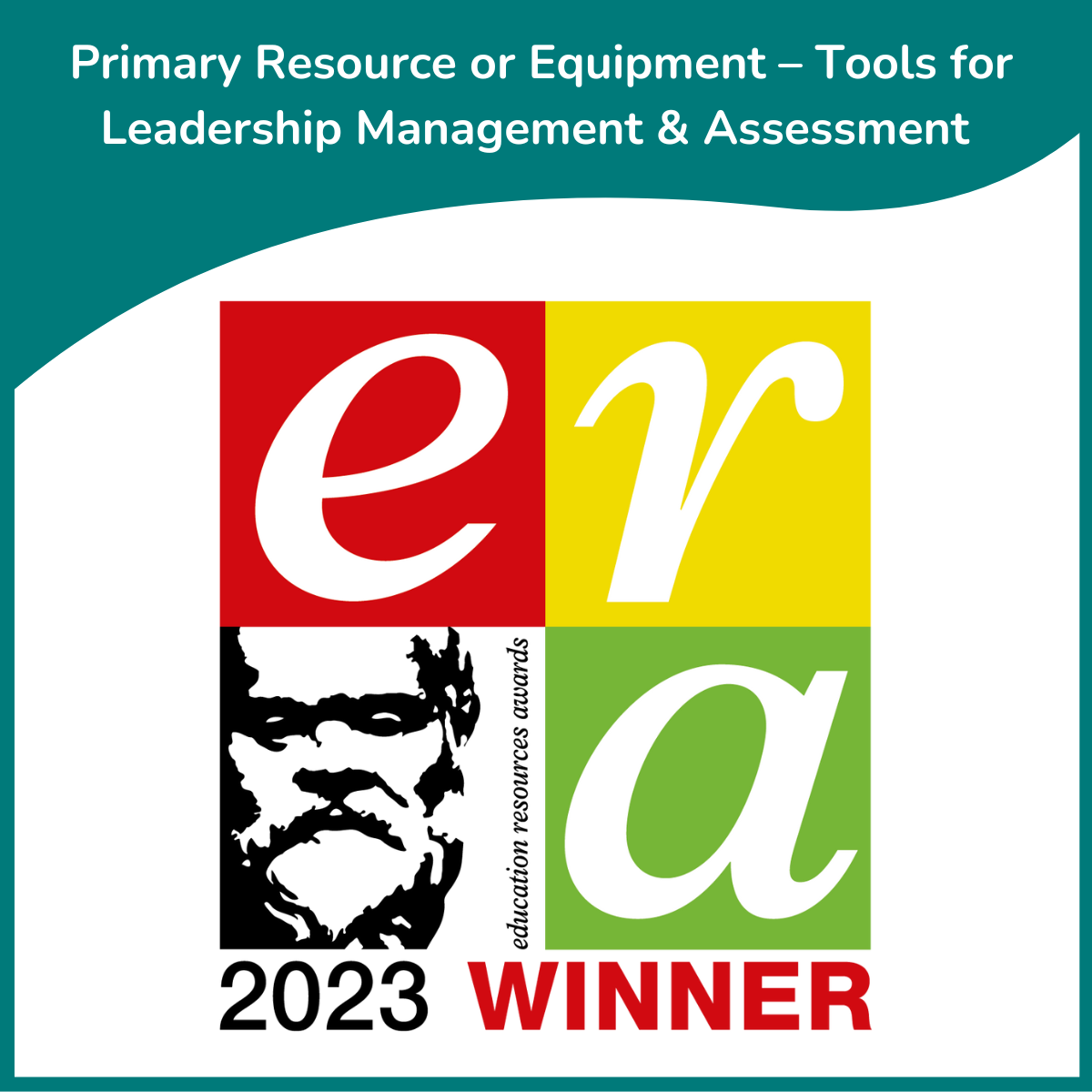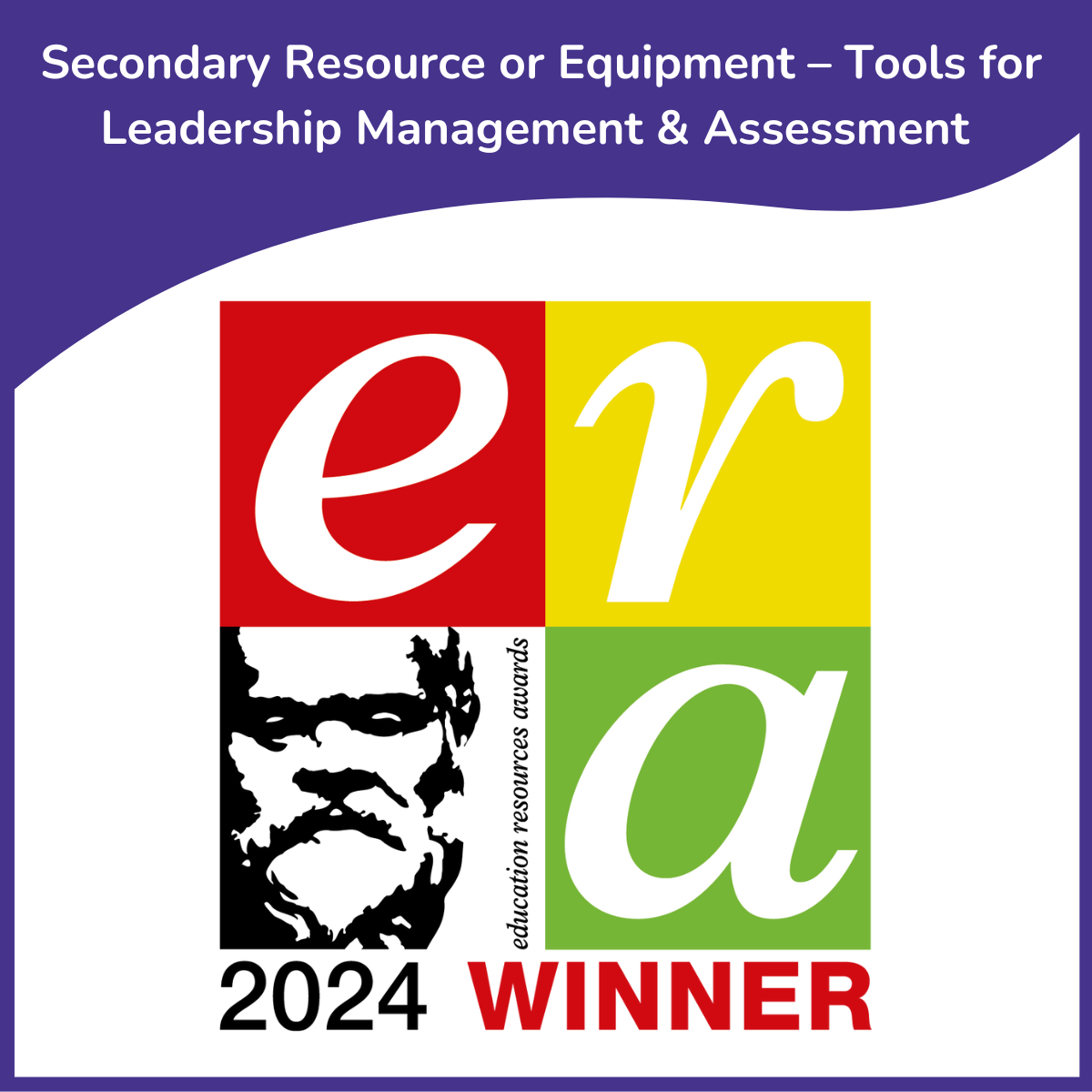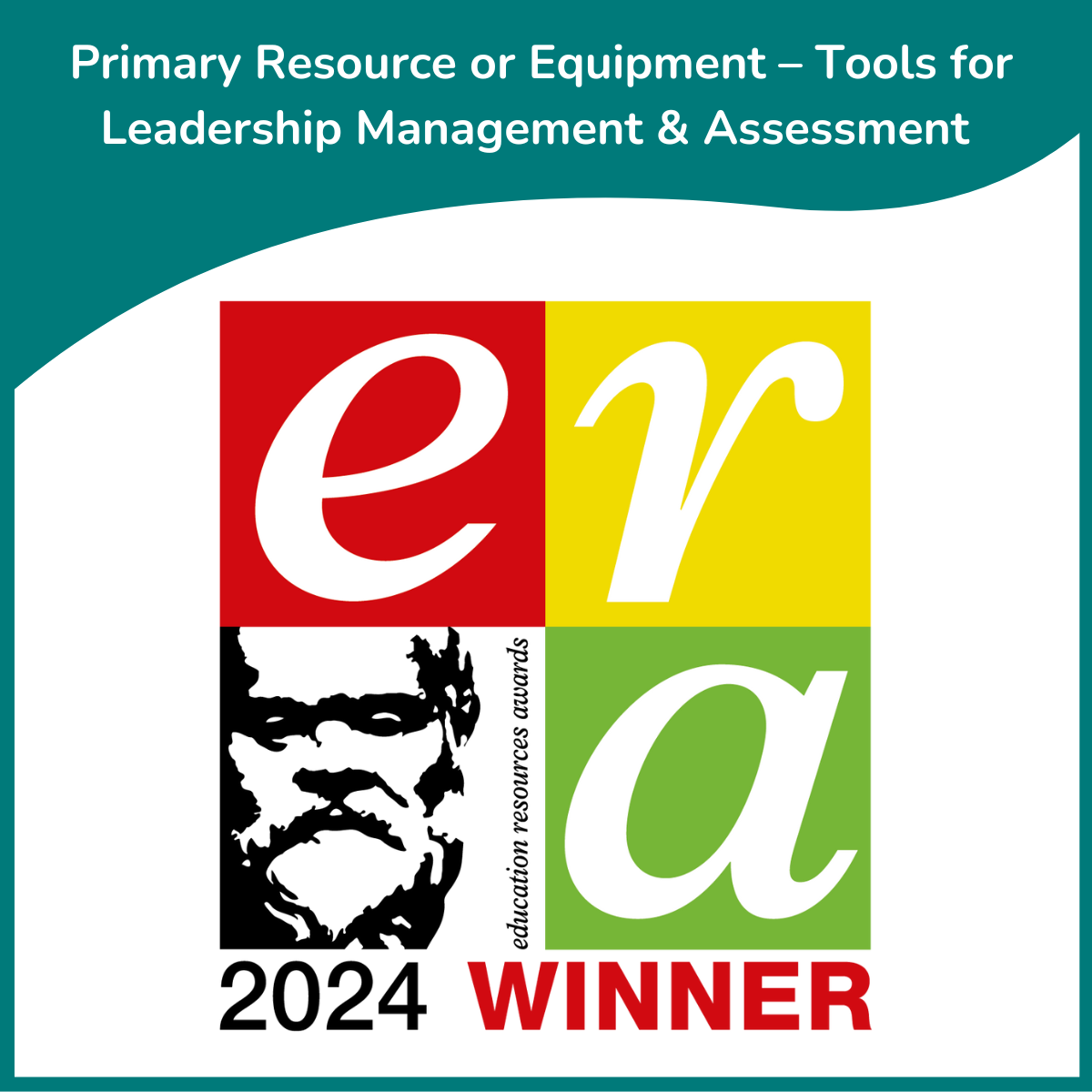
Can you improve staff wellbeing by managing your thinking?
Creating a culture where staff thrive and can do their best work and where staff wellbeing is just part of what happens every day is important and the right place to start. Role modelling and re-enforcing the right leadership behaviours and having effective systems that support these are the first steps.
Yet, staff members also need to take responsibility for their own wellbeing and how they react to problems and challenges.
We all respond differently to events. One person may be calm, while another worries and a third rants, despite all facing the same situation.
Is it the situation or your thinking that matters most?
Many believe it is the situation or event itself that causes us to act in certain ways. Yet the way we think about and deal with these and the stress they may cause is within our control. So improving staff wellbeing through managing your thinking is a possibility.
With the current lockdown and time spent away from family, friends and colleagues, it’s so important to look after yourself and manage your thinking. Working remotely, staffing to support vulnerable students and the children of key workers, providing tuition, other business as usual activities and all in a period of great uncertainty make this a challenging time – probably the most challenging one ever faced by many staff.
Here are some of the things that can improve staff wellbeing through managing your thinking:
- Focus on emotional regulation to stay calm under pressure. A high level of self-awareness is key to recognise how you are feeling – remember it is normal to have negative or unhelpful feelings. Learn techniques that help to deal with these and prevent them from affecting your behaviour. Actions you can take include deep breathing exercises, mindfulness, being prepared and making plans of action.
- Think about impulse control. Pause and practice stopping before deciding what to do and whether to act – this is the difference between responding (considered) and reacting (usually immediate and without thinking).
- Look at causal analysis by considering any problems you are facing and identifying what you think has caused them. It doesn’t matter if you get the reason wrong as simply following the process will reduce stress. Unfortunately most people make assumptions and develop set thinking patterns or styles, which are often unhelpful.
- Focus only on what you can control. Easy to say, harder for some to do, and it often takes practise to get this right. Create a list of things that are within and outside your control and when something new comes along add it to the appropriate list. Learn to prepare, plan and act on those on your ‘I can control’ list and dismiss and ignore the ones that aren’t.
- Maintain a realistic optimism and hope for a bright future. Have a positive outlook, set goals, stretch yourself, be realistic, and realise that any achievement is delivered through effort, problem solving and effective planning.
- Make ‘life isn’t fair’ and ‘the goalposts always move’ part of your mindset. When inevitable challenges come along, things don’t go your way or changes knock you out of your stride, it will be much easier to get back on track.
Some people find it much easier to manage their thinking than others, yet anyone can master it. Another way to improve it is by using recognised ‘thinking models’ and the two we like best are below.
1. The ABC Model
Developed by Dr Albert Ellis and often used in cognitive therapy it recognises the importance of remaining calm and managing thinking.
– A is the adverse situation, event or problem you face.
– B is your belief and explanation about why the situation has or will occur.
– C is the consequence we expect – the feelings and behaviours that our caused by our beliefs.
Let’s look at an example of using this model. This is a business as usual example and it is good to focus on what is likely to be a common occurrence for many staff members – going for a job interview.
A – The job interview didn’t go well and once again I didn’t get the job, while others at the school are getting promoted.
Your belief could either help or hinder you and two possible ones are below.
B – I’m no good at interviews, I’m such a loser, or
B – That’s disappointing, what went well and what can I do differently next time.
As a result of the beliefs the consequences can also be different.
C – Feels sad, depressed, skips the gym and eats chocolate, or
C – Focuses on actions needed to create a new opportunity, improve at the next interview and succeed.
Using the ABC Model
Vividly recall a recent adverse event. After recording the A, fill in the B and C.
A: Describe the event objectively. Answer these questions: Who? What? Where? When?
B: Record your thoughts about the event. Why do you think it happened?
C: Record your feelings and actions.
Now think about your beliefs and what would have led to a better consequence. Through reflection and deliberate practice you can identify beliefs that will help you and as a result change your consequences and likely future outcomes.
2. Thinking Habits (Dr Martin Selligman)

There are three questions that people tend to ask in adversity:
- Personalisation: Who caused the problem? Me / Not me
- Permanence: How long will this problem last? Always / Not always
- Pervasiveness: How much of my life does this problem affect? Everything / Not everything
Your answers to each of these questions will directly affect your thinking.
Me / Always / Everything = Depressive Thinking
Not me / Always / Everything = Aggressive Thinking
Not me / Not always / Not everything = Optimistic Thinking
The last one may be good for optimism but not always for realism!
What is your typical approach?
You can reflect on the following questions. In times of stress, do I
- Usually or often blame myself when things go wrong? (‘Me’ thinking)
- Usually or often blame someone else or the circumstances? (‘Not me’ thinking)
- Usually feel as if problems will be permanent and all encompassing? (‘Always / Everything’ thinking)
- Typically look for aspects of problems that are temporary and specific? (‘Not always / Not everything’ thinking)
For example, if something adverse happens in the morning and I think permanency and pervasiveness (the problem will last and affect a lot of my life), then it becomes a self-fulfilling prophecy and is likely to make my day much harder.
What will you do?
The next time you find yourself thinking about adversity (big or small) work through it using the suggestions and models above. You can use this during the current situation and beyond to make sure your thinking is helpful and not harmful for you, your family, friends and colleagues.
With staff working remotely and likely to be having less contact with colleagues this is important. Yet like anything you want to become proficient at, it will take hard work, deliberate practise, reflection and follow up.
If you want to improve, set clear weekly goals and book time out to measure progress. Doing this will mean that you can improve staff wellbeing by managing your thinking.
You can also take a look at avoiding thinking traps.
